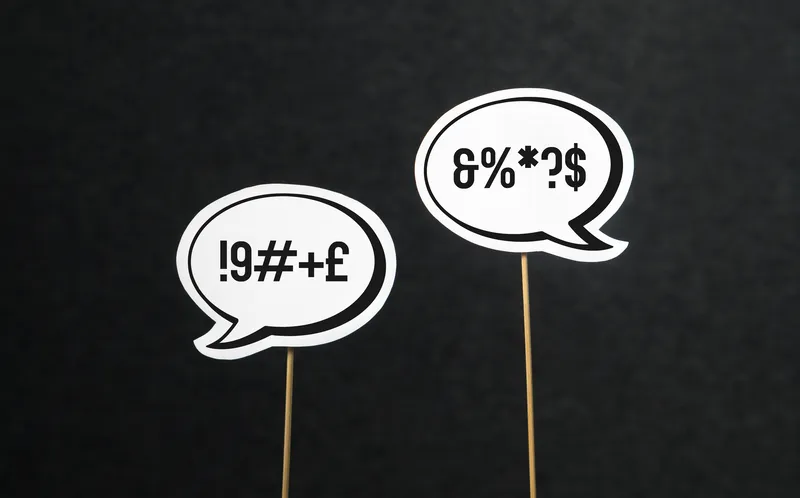The International Bridge, Tunnel and Turnpike Association (IBTTA has responded to a new report released by the Eno Center for Transportation. How We Pay for Transportation: The Life and Death of the Highway Trust Fund looks at the current political, economic and legal forces behind the US Highway Trust Fund, including an examination of other countries and their lessons on providing long term sustainable funding for transportation.
Patrick D. Jones, IBTTA executive director and CEO, said: “We salute the
December 4, 2014
Read time: 2 mins
RSSThe International Bridge, Tunnel and Turnpike Association (63 IBTTA has responded to a new report released by the Eno Center for Transportation. How We Pay for Transportation: The Life and Death of the Highway Trust Fund looks at the current political, economic and legal forces behind the US Highway Trust Fund, including an examination of other countries and their lessons on providing long term sustainable funding for transportation.
Patrick D. Jones, IBTTA executive director and CEO, said: “We salute the Eno Center for Transportation for taking a fresh look at the huge challenge of funding our nation’s surface transportation infrastructure. The report released today brings another important perspective to the table in support of a more robust debate about how to fund surface transportation now and in the future.
"We are encouraged by the report’s look at the ways in which five other countries tackle their transportation funding needs. As an international association with members in more than 20 countries, we embrace the need to harness the power of experiences and lessons learned from around the globe.
"In the public discourse about future funding of U.S. road infrastructure, a common refrain heard in every quarter is that 'all options are on the table.' If this is so, then we urge all local, state and national leaders who have a voice in transportation funding decisions to seriously consider the findings and recommendations of the Eno report.
"While we do not agree with all of the conclusions of the Eno report, we support the researchers’ conviction that taking a fresh look at both old and new ideas is imperative if we are to find a sustainable solution to the worsening transportation funding challenge facing our country.”
Patrick D. Jones, IBTTA executive director and CEO, said: “We salute the Eno Center for Transportation for taking a fresh look at the huge challenge of funding our nation’s surface transportation infrastructure. The report released today brings another important perspective to the table in support of a more robust debate about how to fund surface transportation now and in the future.
"We are encouraged by the report’s look at the ways in which five other countries tackle their transportation funding needs. As an international association with members in more than 20 countries, we embrace the need to harness the power of experiences and lessons learned from around the globe.
"In the public discourse about future funding of U.S. road infrastructure, a common refrain heard in every quarter is that 'all options are on the table.' If this is so, then we urge all local, state and national leaders who have a voice in transportation funding decisions to seriously consider the findings and recommendations of the Eno report.
"While we do not agree with all of the conclusions of the Eno report, we support the researchers’ conviction that taking a fresh look at both old and new ideas is imperative if we are to find a sustainable solution to the worsening transportation funding challenge facing our country.”









